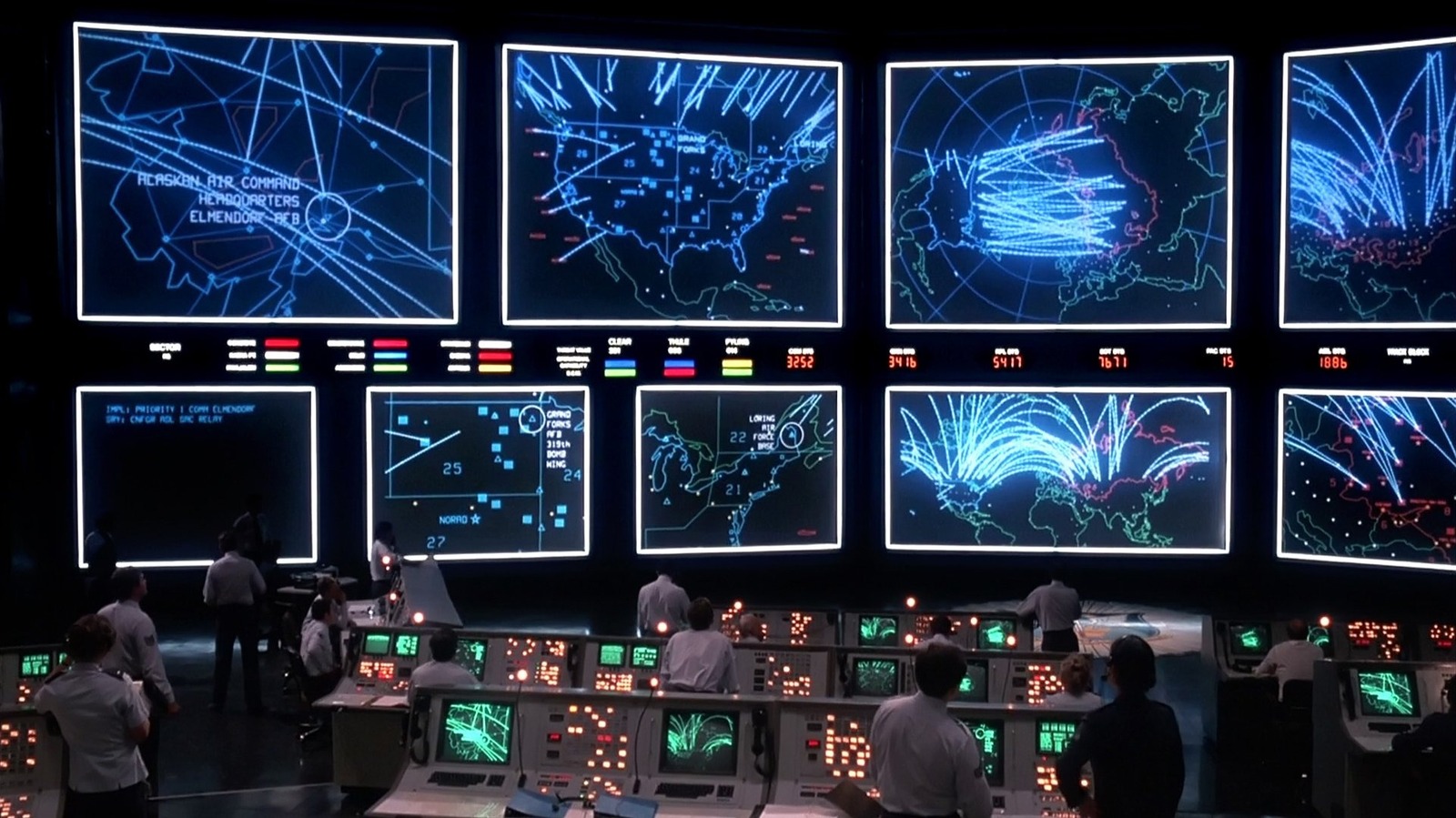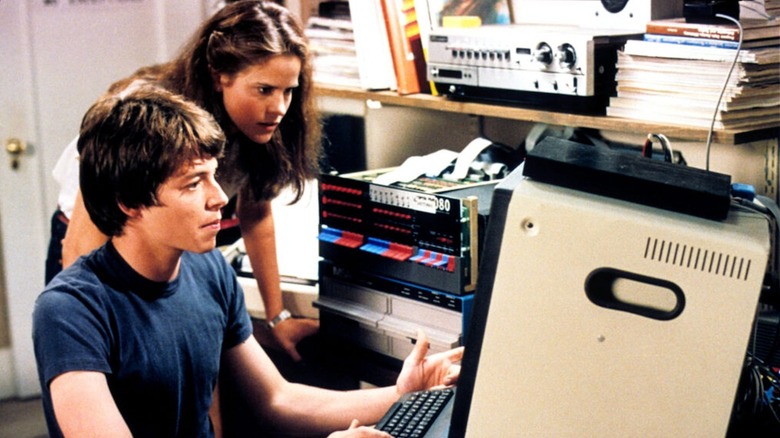since the United States dropped the atomic bombs Fat Man and Little Boy on, respectively, the Japanese cities of Nagasaki and Hiroshima, the world has known with terrifying certainty that humanity possesses the power to end all life on Earth — or, at least, most of it. Cockroaches might pull through (and, if 1977’s “Damnation Alley” has the science right, get really big). When Intercontinental Ballistic Missiles (ICBMs) entered the picture and the planet’s two superpowers, the USA and the USSR, engaged in an arms race that produced arsenals capable of reducing the world to, in the words of Klaatu, a burned-out cinder, it’s weird that the world didn’t stand still, take to the streets en masse, and demand the elimination of all nuclear weapons in order to ensure their future, their children’s future, their children’s children’s future, and so on.
When the world found itself on the verge of a full-scale nuclear war during the Cuban Missile Crisis in 1962, it was enough to escape this irresponsible game of brinksmanship with our lives. And when the United States got bogged down in the meat grinder of the Vietnam War, the fear of button-pushing annihilation was back-burnered while an entire generation of Americans dealt with the death sentence of getting drafted. The threat of human-made armageddon was as present as ever; it just seemed slightly less likely when we were fighting a ground war that had the aesthetics of the Pacific Theater in World War II. For people too old to serve, Vietnam was a slug-it-out proving ground for the rock-and-roll generation.
It wasn’t until the Three Mile Island partial meltdown in 1979, eerily predicted by “The China Syndrome,” that people remembered doomsday was always an hour or so away. Once the Vietnam War was far enough in the rearview, the world once again focused on the saber-rattling between the Americans and the Russkies. And with a tough-talking Ronald Reagan in office (“The Great Communicator” they called him, even after he was visibly sliding into senility), everyone worried that he lacked John F. Kennedy’s temperament and talent for swaggering de-escalation. The front-facing Reagan seemed to be spoiling for a fight.
Privately, he wanted no part of a nuclear war. He was terrified by the prospect, which led him to buy into the junk science of the “Star Wars” space-laser missile defense initiative. (The catastrophically clownish President Donald J. Trump is back on this discredited nonsense 44 years later.) So, when the movie-loving Reagan arranged to screen a surprise blockbuster at the White House in the summer of 1983, he took the movie’s speculative threat to our nuclear missile arsenal seriously enough to sign a national security directive.


